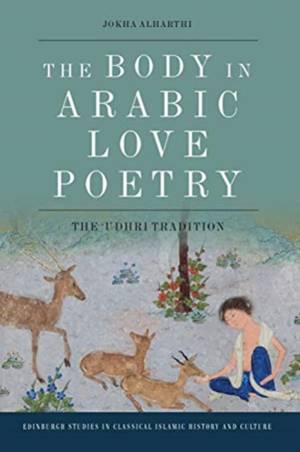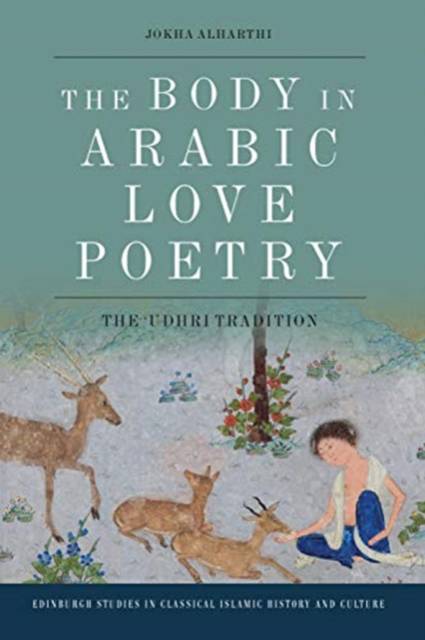
- Retrait gratuit dans votre magasin Club
- 7.000.000 titres dans notre catalogue
- Payer en toute sécurité
- Toujours un magasin près de chez vous
- Retrait gratuit dans votre magasin Club
- 7.000.0000 titres dans notre catalogue
- Payer en toute sécurité
- Toujours un magasin près de chez vous
Description
Jokha Alharthi re-appraises the relationship between love, poetry and Arab society in the 8th to 11th centuries. She avoids familiar clichés about the purity of love in 'Udhri poetry - broadly speaking, an Arabic counterpart to the western medieval concept of unconsummated courtly love - and instead questions the traditional much-vaunted emphasis on chastity and the assumption that this poetry omits any concept of the body. Alharthi focuses on the key differences between what the poetry itself says and the views of later sources about 'Udhri poets and their works. She also documents how the representation of the beloved in the 'Udhri ghazal was influenced by pre-Islamic poetry, showing how this tradition developed with a series of overlapping historical layers. And she breaks new ground by examining how this poetry treats not only the body of the beloved but also that of her lover, the poet himself.
Spécifications
Parties prenantes
- Auteur(s) :
- Editeur:
Contenu
- Nombre de pages :
- 288
- Langue:
- Anglais
- Collection :
Caractéristiques
- EAN:
- 9781474486330
- Date de parution :
- 21-05-21
- Format:
- Livre relié
- Format numérique:
- Genaaid
- Dimensions :
- 156 mm x 234 mm
- Poids :
- 589 g

Les avis
Nous publions uniquement les avis qui respectent les conditions requises. Consultez nos conditions pour les avis.






